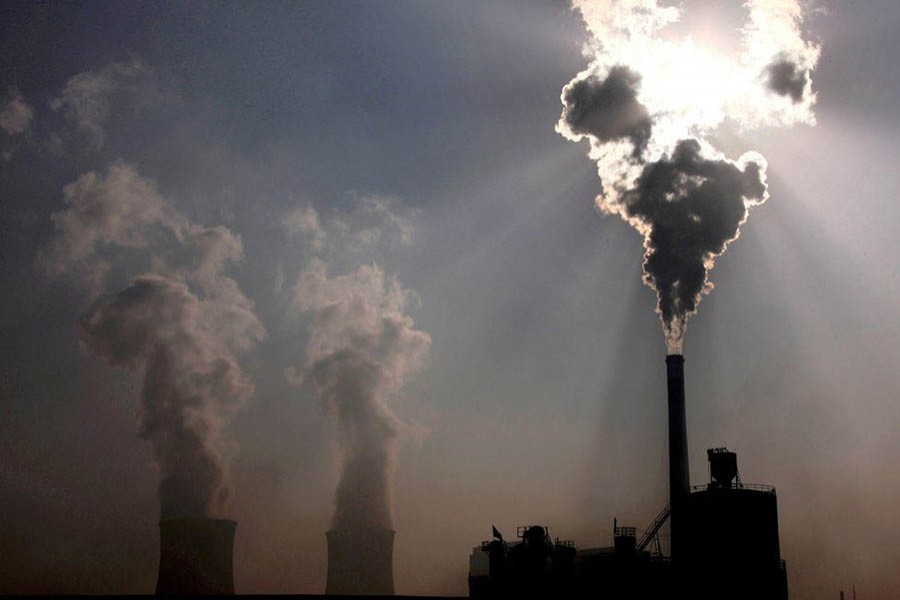With little progress made so far since 2015's Paris Agreement towards cutting carbon emissions, it cannot be said that the ongoing Glasgow climate summit, COP26, did begin with high hopes. Even so, more than 100 world leaders on the third day of the climate summit reached an agreement to end and reverse deforestation by 2030. Also, in another event, 105 nations made a Global Methane Pledge whereby by 2030 the signatories would reduce their methane emissions by 30 per cent.
If implemented as pledged, these two climate actions have the potential to have a cooling effect on the fast rising trend in global warming. But sceptics are not convinced for the simple reason that the world's leading contributors to the global warming have never delivered on their previous commitments. They did not even honour the legally binding Paris Agreement which required its 196 signatory nations to limit global rise in temperature below 2.0 degree Celsius, preferably at 1.5 degrees Celsius, above the pre-industrial level. To achieve this long-term temperature goal, nations would have to make the effort to reach global peaking of greenhouse gas (GHG) emissions as soon as possible in order to achieve a climate neutral world by the middle of 21st century.
Unfortunately, the nations remained oblivious of the Paris treaty over the last six years. So, what can one expect from the agreement to 'halt and reverse deforestation' reached by the nations that are home to 85 per cent of the world's forests? The question arises because the fate of a similar commitment made under the 'New York Declaration on Forests (NYDF)' at the 2014's UN climate summit in New York is still fresh in memory. In fact, seven years on since the declaration was made, none of the governments endorsing it has been found to have fulfilled their responsibilities. Against this backdrop, it is hard to blame those who might take these two climate action pledges in question with a grain of salt.
Interestingly, of the nations endorsing such climate deals, the developing and the least developed ones are in the majority. And for any failure of such climate deals, they have also to shoulder the responsibility, though their share of GHG emissions is negligible. Obviously, the onus of implementing the agreements lies mainly on the rich, industrialised nations. Thankfully, in recognition of the developing nations' climate vulnerability, the rich nations at the 2009's Copenhagen climate summit pledged for them US$100 billion every year by 2020. As expected, the fund was meant to help the developing nations so they may adapt to climate change and mitigate further rise in temperature. But again, the rich nations during the last 12 years have shown no progress on delivering on the promised climate finance. Now that the world leaders have left the venue, the tasks of addressing the issue of unmet climate finance promise, the various other lacunae of the Paris agreement and so on fall on the negotiating teams.
Needless to say, a developing nation like Bangladesh, which is exposed to the worst effects of the climate change, has a huge stake in these negotiations. As the current chair of the Climate Vulnerable Forum (CVF), Bangladesh has a responsibility to see to it that that the rich nations fulfil their climate-specific pledges. For example, Bangladeshis are in urgent need of the rich nations' support in terms of finance and green technology so that the people of the southern coastal districts may adapt to climate change impacts and survive. Hopefully, Bangladesh's negotiating team at COP26 are up to the challenge.


